A neuroscientist and intermittent fasting expert weighs in on the potential health benefits of this diet that may go beyond just weight loss.


A neuroscientist and intermittent fasting expert weighs in on the potential health benefits of this diet that may go beyond just weight loss.
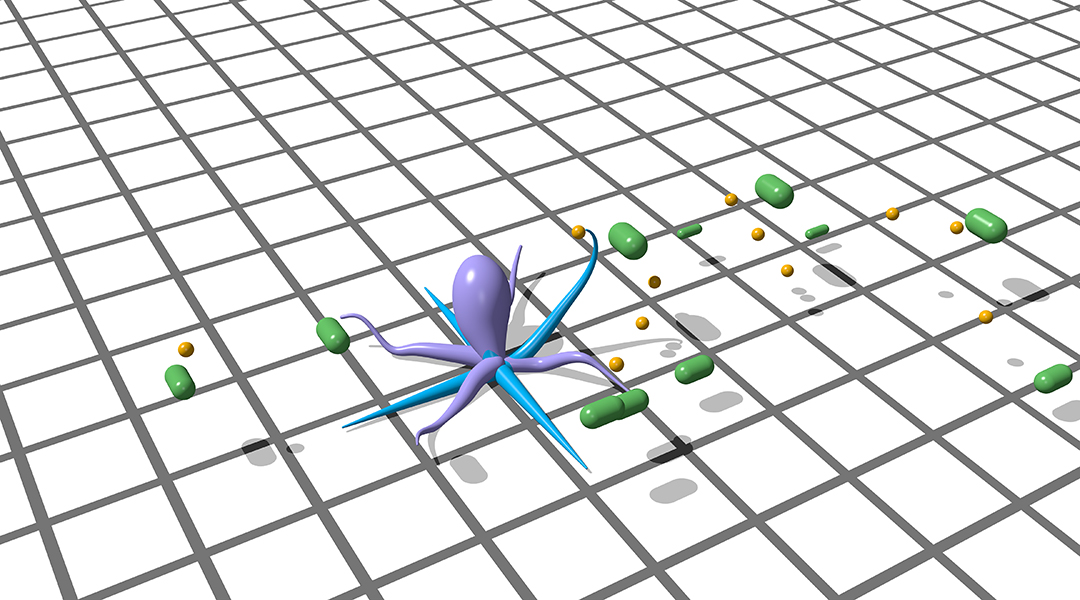
A research team have built a virtual creature mimicking the many brain-containing limbs of an octopus.
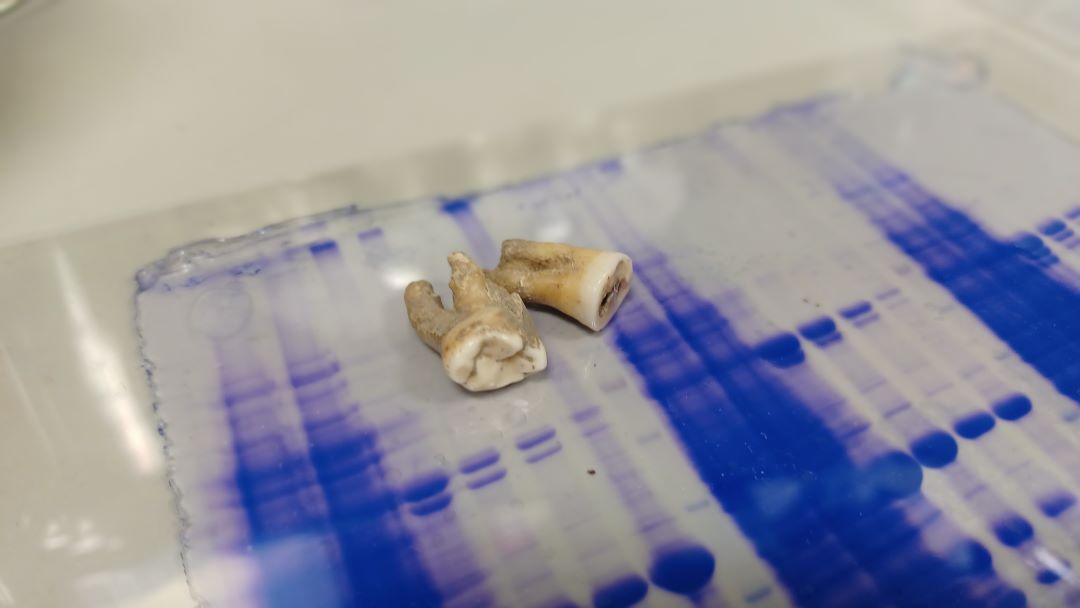
Research teams from the UK have isolated antibodies preserved for 800 years in ancient teeth and found they are still able to bind viruses that infect humans today.

Autonomous materials laboratories and the research communities that build them will be crucial to achieving our climate goals.

A renewable, carbon-based absorbent is challenging MOFs in carbon capture technology, offering sustainable solutions for emissions reduction.
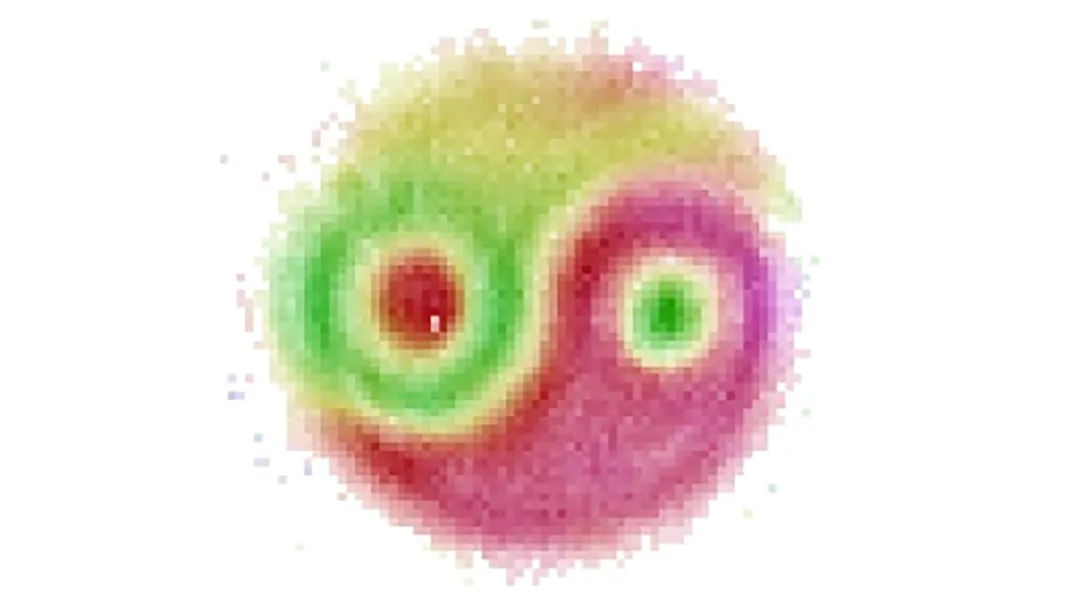
The mysterious phenomenon that Einstein once described as “spooky action at a distance” was seen as a wavefunction between two entangled photons.

Study finds air pollution, specifically ozone exposure, has a disruptive affect on the genes responsible for circadian rhythms in the lungs.
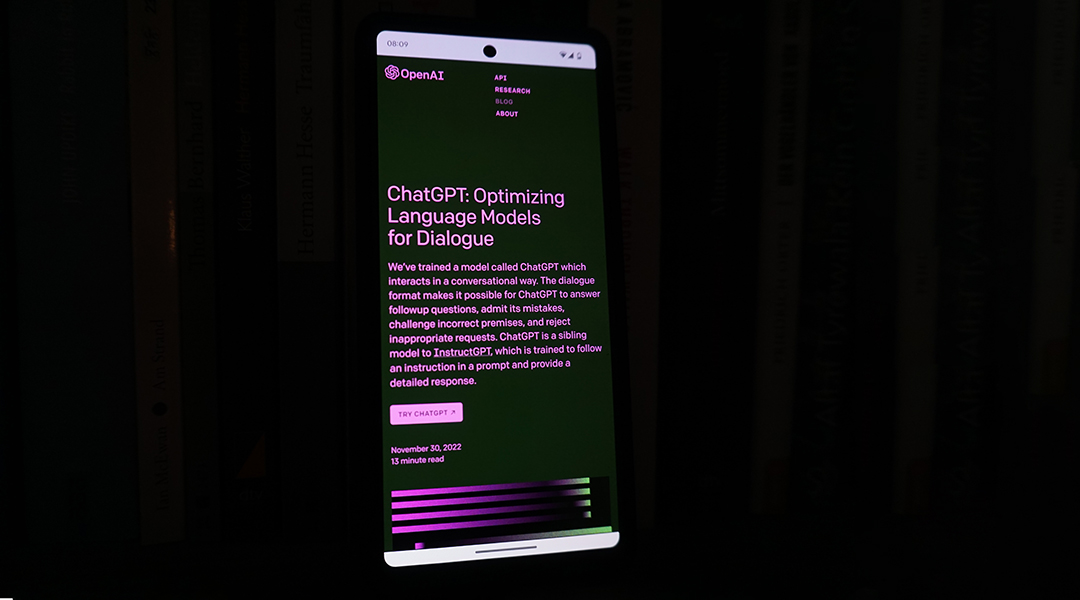
GPT detectors wrongfully flagged a majority of submissions by non-native English speakers as AI-generated content, raising concerns about their use.
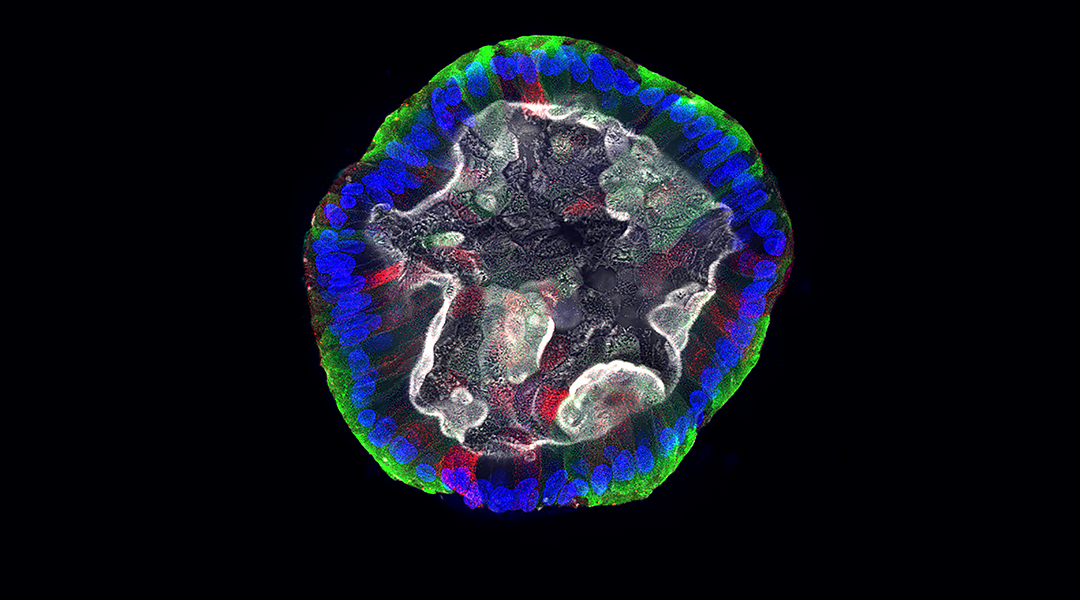
Addressing the lack of diversity in drug testing, scientists are using organoids from voluntary donors to enhance equity and inclusion.
Scientists propose a modified cosmological model that challenges the existence of dark matter and dark energy.